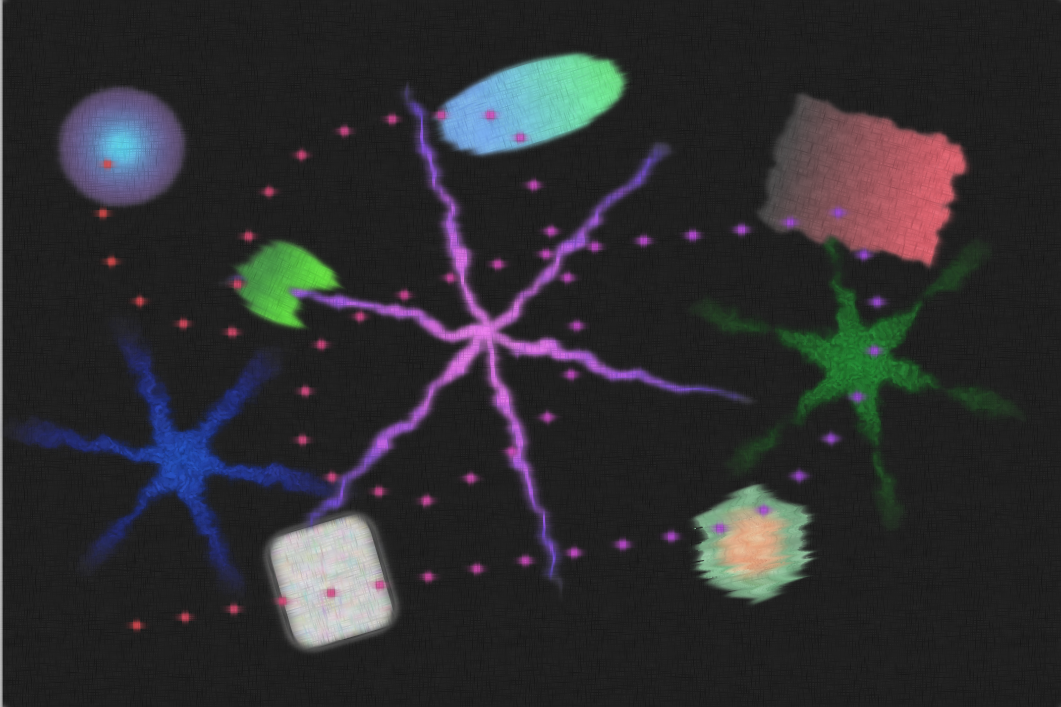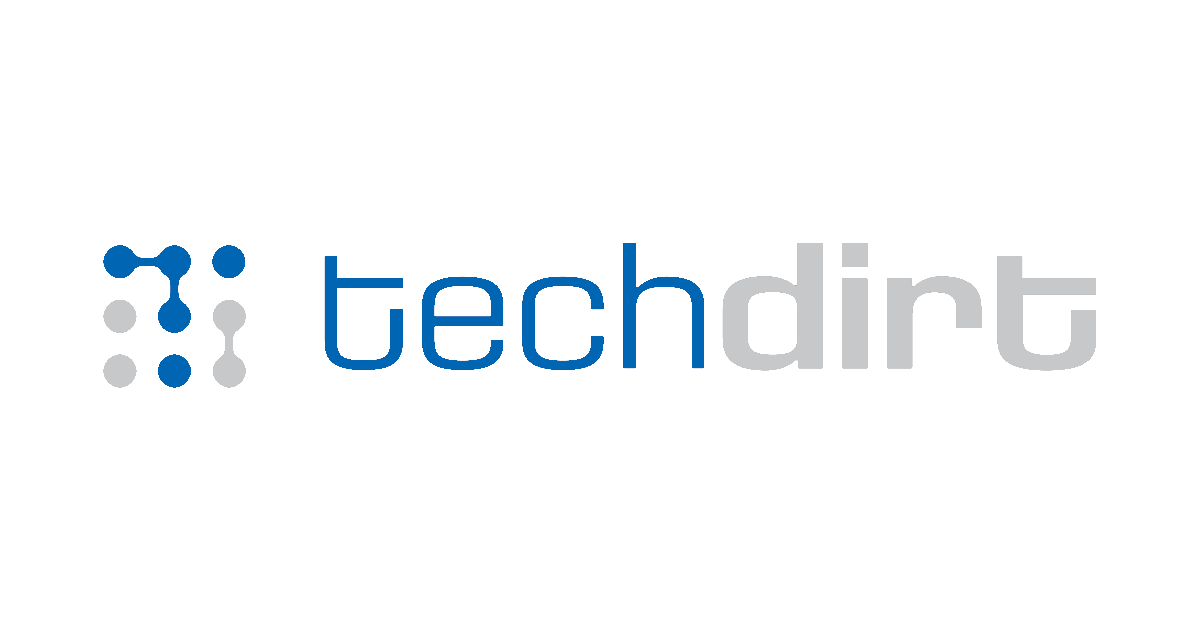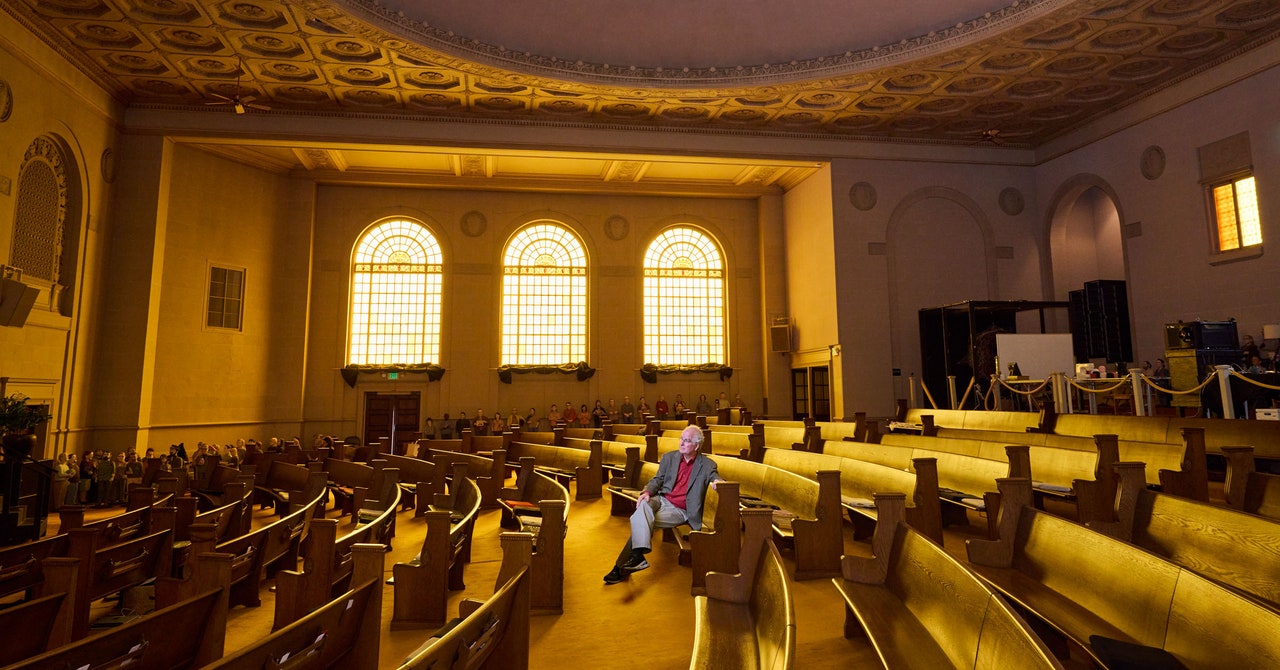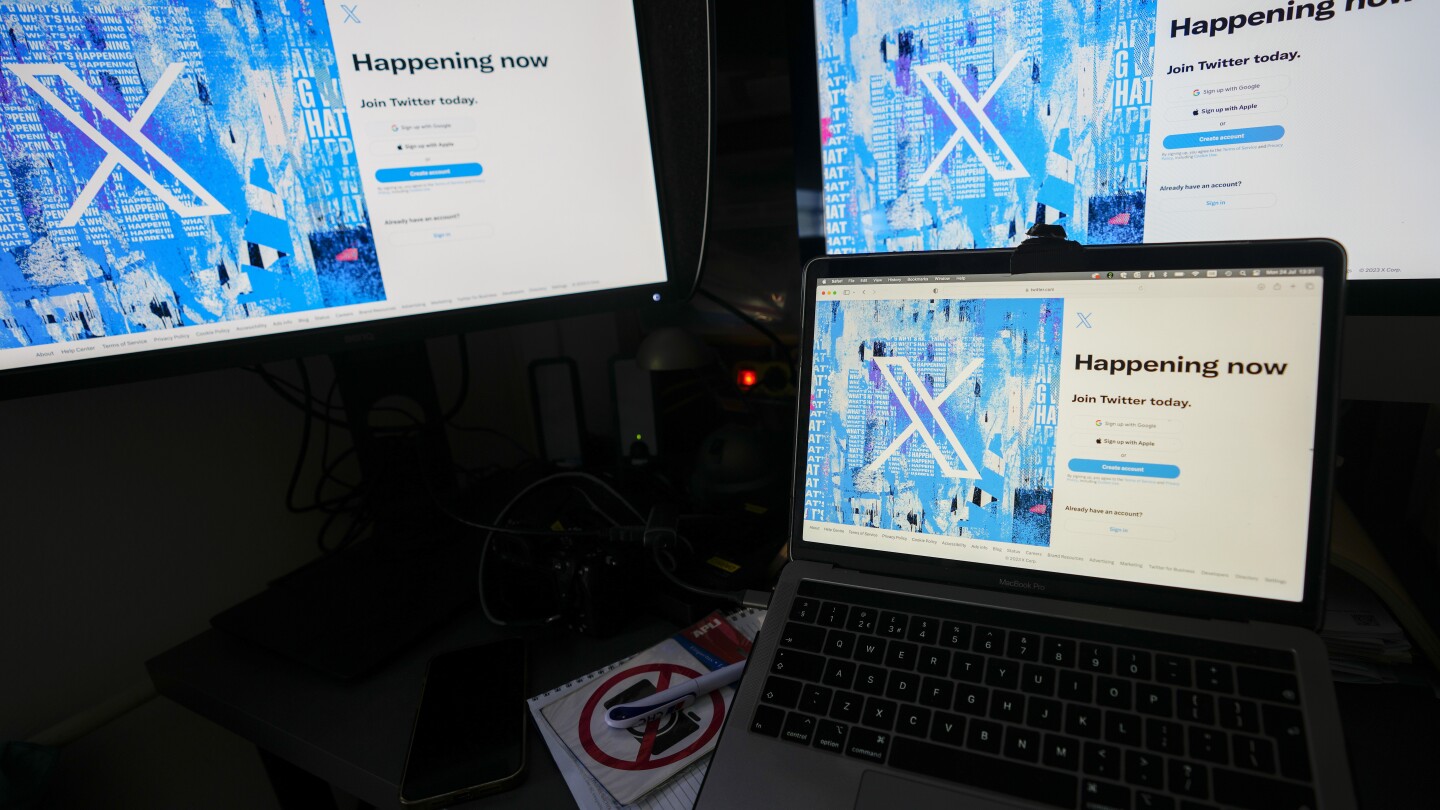Another traveler of the wireways.
- 78 Posts
- 304 Comments
Walnut a.k.a. Nutcracker

 3·1 month ago
3·1 month agoYeah, Belgium has its own sordid history for sure. Frankly I wasn’t aware of the extent of the abuses by the Catholic church there until reading this article, and unfortunately I suspect one may readily find similar in other countries that have had any major Catholic presence.

 3·1 month ago
3·1 month agoYeah…Honestly now that you mention it I never have looked into how they’re structured and if that may play a part in them not doing so. What I do know is that I respect their mission and want to see them stick around and reshape things to allow for more organizations like them to exist rather than get snuffed out.

 5·5 months ago
5·5 months agoSeeing as this thread is still active, instead of continuing to reply to people throughout, gonna go ahead and put this out here.
If you’re not finding an active community for something (safe for work, that is) or any community whatsoever for your interest, you’re welcome to post about the topics that interest you in !general@lemmy.world till you find enough likeminded people to get a separate community going. This was always allowed tbh, but I’ve tried to make it more explicit and clear that it’s cool.

 4·5 months ago
4·5 months agoA little surprised this hasn’t been discussed more on here…Also this is particularly relevant, if true, given Altman stepping into overseeing safety:
Toner says that one reason the board stopped trusting Altman was his failure to tell the board that he owned the OpenAI Startup Fund; another was how he gave inaccurate info about the company’s safety processes “on multiple occasions.”
Emphasis mine.

 1·5 months ago
1·5 months agoYou might give the programming.dev instance a try for the first couple subjects, as they have an open !programming@programming.dev community that may work for them.

 6·5 months ago
6·5 months agoGiven the absence of specific communities (or active ones so far), if people would like they could start these conversations over in !general@lemmy.world.
I recognize it’s not the same, particularly for getting to those deep dive points you mention with ATLA, but gotta start somewhere, right?
Also I can easily give this go-ahead being one of the mods there. Up to now I’ve hesitated popping into threads like this and pointing people there because I’m not a fan of consolidation, but it’s become apparent some simple meeting area may help to get more niche communities spun off and going.

 5·5 months ago
5·5 months agoYou might try different media if you haven’t already, as in, instead of pencil/pen and paper, maybe colored pencils or markers. Maybe even try getting some black paper and trying to draw with white color pencils instead.
I’m sure you may have tried a variety of things over the years, so I’m just spitballing, but also if you’re trying to dive into the deep end with more complex drawings, you might revisit and really hone the fundamentals. Fundamentals being like getting clean lines by practicing drawing those over and over till you can get a nice, sharp line (which often isn’t a single pencil/brush stroke!).
Once you have those down you may move on to the simple shapes, squares, triangles, circles, and try to recognize how those are put together for more complex forms. It’s a tough skill to get down, without a doubt (I’m not some proficient artist personally), but it’s just that: a skill that takes not only practice but learning methodologies. One of the toughest parts with drawing is that there’s so many methods to go about it to figure out which helps you improve.
when you get cc’d on an email and wait till the right moment to send the CharCoal image you’ve had waiting for this moment

 2·7 months ago
2·7 months agothis is too perfect
Evangelion is not to be understood, only experienced
Commenting to indicate my shared interest in this (despite the other comments suggesting the unlikelihood of such an option emerging).

 2·7 months ago
2·7 months agoI kind of agree about this not entirely fitting science, but I think the survey part is what gives it that little edge to fit here.
Without reading it in the full context, I’m also not sure what Nozick may have meant with the “want to be a certain way, to be a certain sort of person” idea. I suspect the idea may be that given a fully constructed context, you may be limited to however that context permits you to be instead of an independently actualized/realized person.
Although if that may be what Nozick was getting at, it’s not without its own problems, much as you highlight with their position supposing existence harboring deeper meaning and significance apart from conscious creations.

 5·7 months ago
5·7 months agoFinally, Nozick supposed that “plugging into an experience machine limits us to a man-made reality, to a world no deeper or more important than that which people can construct”.
I find myself agreeing with this, particularly after a lot of time spent in such man-made realities whether in the form of books, movies, or games. At some point, some element of these I think will speak to people and inspire them to pursue on their own in some way, whether a hobby of a character, or creation of their own media or sub-field. An action that cannot be anticipated and generated by any such experience machine or simulation in a way that adequately satisfies someone.
Their AI partner, they explain, “has been treating me like no other person has ever treated me”.
This is an aside, but this jumps out at me as an interesting tell…Given that these AI partners aren’t necessarily sophisticated enough to fully emulate people and there’s historical precedent for people seeing in them some traits they want to see, I wonder if this could be viewed as an angle to developing AI-intermediary therapy whereby one may learn that it isn’t the AI treating them well, but the patient themselves.
The AI may be serving as a method to direct their inner monologue into patterns of thought that are kinder and more uplifting compared to however they may otherwise be.
“As we get more familiar with technology and especially virtual technology, we are going to care less and less that something is virtual rather than non-virtual,” Weijers notes.
Frankly, I think we’ve already been here for some time. The technological element undeniably alters matters, but society itself has arguably been in this situation for as long as people have been capable of abstract thought. People have always existed between knowledge and ignorance, amidst facts and fabrications, and indulged themselves as much and often more in fabrications as facts.
What has consistently been of more concern is how much they draw from their indulgence rather than lose, rather than the ontology of it.

 7·7 months ago
7·7 months agoPersonally, although the terms have become increasingly blurred over the years, I refer to changing to a new version of software (including an OS, and both ideally with some improvements) as updating it rather than upgrading.
I reserve upgrade more for changes of hardware with some form of improvement over its predecessor. I’d suspect I may not be alone in this, but I dunno how common it may be. When switching to a mix of both, I simply say I’m getting a new [insert specific device depending on which].
Although I’d hesitate to call many new phones an all-around upgrade when they’re either removing features (headphone jack/expandable storage) or getting more cumbersome to hold (can you even call some modern phones a handset anymore?).

 3·8 months ago
3·8 months agoHow do you stay in the know about this kind of stuff? I’m curious about all the cool stuff out there I wouldn’t even know I’m curious to find.
I was going to mention YaCy as well if nobody else was, so I can chip in to this somewhat. My method is to keep wondering and researching. In this case it was a matter of being interested in alternative search engines and different applications of peer to peer/decentralized technologies that led me to finding this.
So from this you might go: take something you’re even passingly interested in, try to find more information about it, and follow whatever tangential trails it leads to. With rare exceptions, there are good chances someone out there on the internet will also have had some interest in whatever it is, asked about it, and written about it.
Also be willing to make throwaway accounts to get into the walled gardens for whatever info might be buried away there and, if you think others may be interested, share it outside of those spaces.
You might want to try cross-posting this to !anime@ani.social for more responses.
In the meantime though you might check out Boogiepop Phantom and Robot Carnival on Retrocrush. Boogiepop’s a show, while Robot Carnival is an anthology movie.

 2·8 months ago
2·8 months agoDespite its name, Bookstack isn’t an ebook organizer or ebook organizing server software, it’s more in line with a wiki or personal knowledge organizer software.
I inadvertently found myself coming across software you might sorta like @Spiffyman@slrpnk.net in the form of Zettlr. It’s FOSS, uses Markdown formatting, and is able to export to a variety of different formats.
Downsides are that there’s currently no mobile app, nor plugin/extension support, so the base software is what you get. Nevertheless, it’s a very fully featured piece of software from what I can tell and has pretty good documentation to help learn your way around it. Bonus as well is that it’s cross-platform, so you can run it across different OSes on desktop.
Edit:
Also OP, if you’re really fond of TiddlyWiki but want more guidance on making it more structured, you might look through these notes. TiddlyWiki is really cool, however it certainly takes some getting used to with its style.
















Quick search surfaced the following for Linux:
k3b, where the source repo states bluray burning capabilities.
xfburn also mentions bluray burning capabilities.
For Windows, albeit old and unupdated, I know the following still works for other purposes (never tried bluray burning/writing though):
ImgBurn mentions bluray burning/writing capabilities, but never tried it.
Bonus: not capable of bluray burning/writing but just fun to mention for any still into ripping/writing to discs on Windows:
InfraRecorder, simply a classic, and it’s open source!